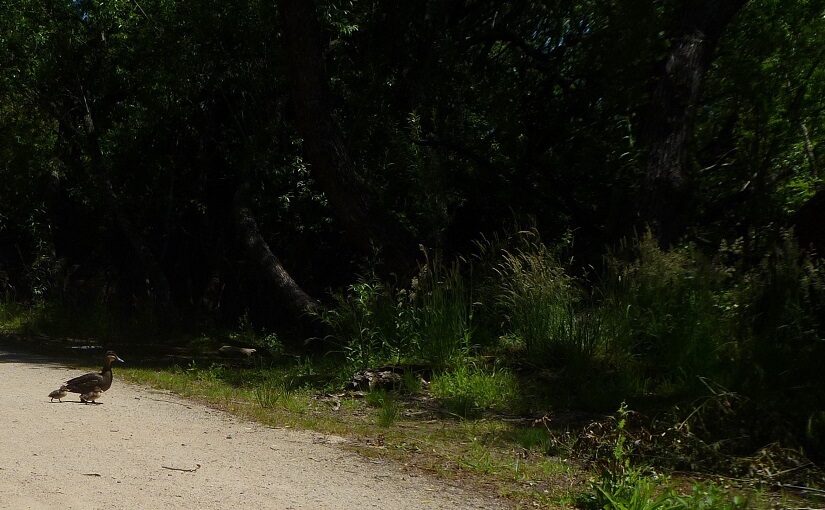Aren’t a lot of situations in life asking us to trust? Relationships, conversations, activities, commitments, the idea of society itself – in countless ways, we’re repeatedly placing our lives, our hopes, our outcomes into the hands of others (Notes One). It seems this fundamental “step” in the constructs of human society and community: trusting one another and the overarching thought process behind what we’re working within.
At the core, it seems life perhaps comes down to this notion of being “able” to place trust in others and in the structures governing our lives in all these big and little ways. That we “can” rest safe in the knowledge that everyone has their side of things in hand and those at the helm are bearing our lives in mind as they’re making decisions on our behalf. That the whole thing is working for the good of all people.
This basic idea of each person being responsible for all that’s falling to them; a person of character who appreciates the faith placed in them by so many unknown others; someone whose words can be believed, who’ll stand by their commitments and carry them through in ways that resolve problems rather than creating more. An ideal of fully-informed, concerned, actively engaged members of society. (Notes Two)
While that doesn’t seem the most accurate description of what’s often being encouraged by modern culture, education or media, as an ideal it’s a beautiful notion: this dance of each person understanding the world and society in which they live then acting with the clear intention of making everything better and leaving nothing neglected (Notes Three). Everyone working towards these common goals of progress, harmony, love.
Yet, if the people or systems surrounding us aren’t deserving of such trust, what are we to do? As intelligent creatures, turning a blind eye to paths that might prove harmful in the long run doesn’t seem right. Not being sure of the words being spoken or truth of what others really have in mind seems deeply stressful and concerning. After all, don’t we “need” to be able to trust this conversation we’re all part of? (Notes Four)
The situation we’re currently in seems to be calling on that trust more than ever: that we believe what we’re told and act upon it, even if we don’t fully understand the science or the thinking that’s being applied. Just as so many disparate voices are planting seeds of doubt, society’s needing us to trust and act in accordance with the vision of whoever’s at the helm. Almost like this modern act of faith in the unknown.
As with any act of faith, don’t we need to trust? To believe in what’s said and the intentions behind it. How much that basic trust – in others and in systems – might’ve been sorely tried over the years becomes a troubling thought. How much faith do we actually have in our fellow man? How much transparency has there been around all the paths we’ve been placed upon?
Notes and References:
Note 1: Having confidence in complex systems
Note 1: Being trusted to use our discernment…
Note 1: Knowing who to trust
Note 1: Trust in technology?
Note 2: Understanding & staying informed
Note 2: Common sense as a rare & essential quality
Note 2: Problems & the thought that created them
Note 3: Picking up after one another
Note 3: Mutual awareness and accommodation?
Note 3: Knowing the value of what you have
Note 4: Which voice can we trust?
Note 4: Diplomacy and knowing where we stand
Note 4: Treating people like sims?
Note 4: Trust within modern society

